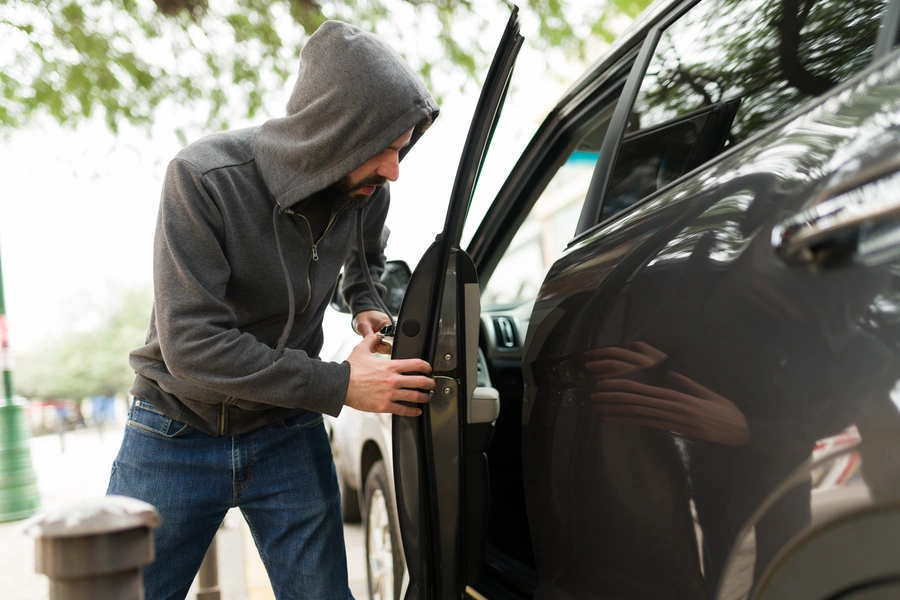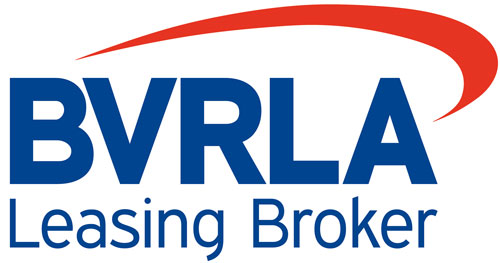
How to Secure Your Keyless Vehicle from Tech-Savvy Thieves
In recent years, the automotive industry has witnessed a significant shift towards convenience and progress. The prevalence of keyless entry and start systems in various car models demonstrates the height of modern automotive convenience. These systems allow drivers to effortlessly unlock and start their vehicles without the need to physically extract the key fob from their pocket. However, as with any technological advancement, these systems also introduce certain vulnerabilities, such as the possibility of relay attacks and other forms of electronic theft. This poses a specific concern for leased vehicles that may undergo frequent changes in ownership.
Understanding the Risks
A relay attack is a type of electronic vehicle theft that takes advantage of the keyless entry system. Criminals employ electronic gadgets to intercept and transmit the signal from a car's key fob to a separate device near the vehicle. By deceiving the car into believing that the key is in close proximity, this technique enables thieves to unlock and start the car without needing physical possession of the key. However, this method poses a disconcertingly swift and noiseless operation.
The car's onboard diagnostic (OBD) port can also be exploited, leading to another vulnerability. This allows hackers to program a new key fob, but it’s important to note that physical access to the vehicle is necessary for this method to work. Once achieved, however, it can be alarmingly effective.
Protecting Your Vehicle
Use a Faraday Pouch: To safeguard your vehicle from relay attacks, it’s highly recommended to keep your key fob in a Faraday pouch when not in use. These pouches are specially designed to block electromagnetic fields, effectively preventing potential thieves from intercepting the signal emitted by your key fob.
Turn Off Keyless Entry: Many key fobs come with the option to turn off the keyless entry feature, particularly when it's not needed, such as overnight. Refer to your vehicle's manual or get in touch with the manufacturer for instructions on how to disable this feature.
Secure Parking: Parking your vehicle in a secure, well-lit area can significantly reduce the risk of theft. If possible, park in a locked garage or a car park that has CCTV surveillance. These security measures can deter potential thieves from targeting your vehicle.
Use a Steering Wheel Lock: Despite its traditional appearance, a physical steering wheel lock is a visual deterrent that can make thieves think twice. It provides an additional level of security and can prove especially effective when used alongside electronic anti-theft measures.
Update Your Vehicle's Software: Regularly updating the software of your car, just like you would with your smartphone or computer, is essential to protect against potential vulnerabilities. Check with your manufacturer for software updates that can enhance the security of your keyless entry system.
Install an Aftermarket Security System: If the security system built into your car is not effective enough in protecting against electronic theft, it might be worth thinking about adding an aftermarket system. There are different choices to choose from, like alarm systems that can identify any suspicious behaviour near your car, or immobilisers that prevent the engine from starting unless the correct key is used.
The Role of Manufacturers
While individual car owners can take many steps to protect their vehicles, the responsibility also lies with manufacturers to enhance the security of keyless systems. Continuous research and development into more secure encryption methods and advanced anti-theft technologies are essential to stay ahead of sophisticated thieves.
The importance of keyless entry and start systems on the driving experience cannot be overstated. While this advancement in automotive convenience is beneficial, it also requires a higher level of alertness and a proactive approach to prevent theft. This is especially crucial for individuals who lease their vehicles, as car theft can complicate lease agreements and result in financial penalties. By understanding the risks and employing a blend of basic precautions and advanced security measures, car owners and lessees can reduce the chances of becoming a target for these modern-day thieves. The key is to stay informed, remain vigilant, and always prioritise the security of your vehicle.




